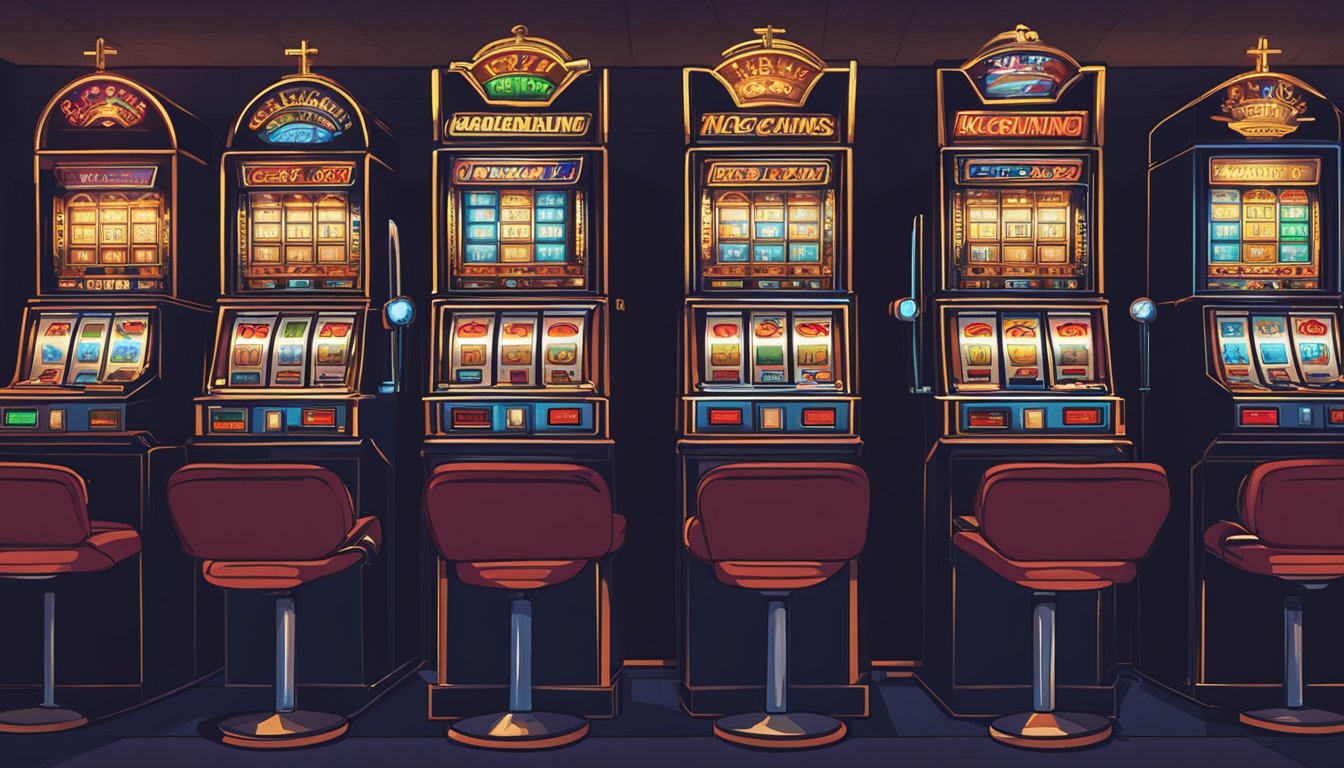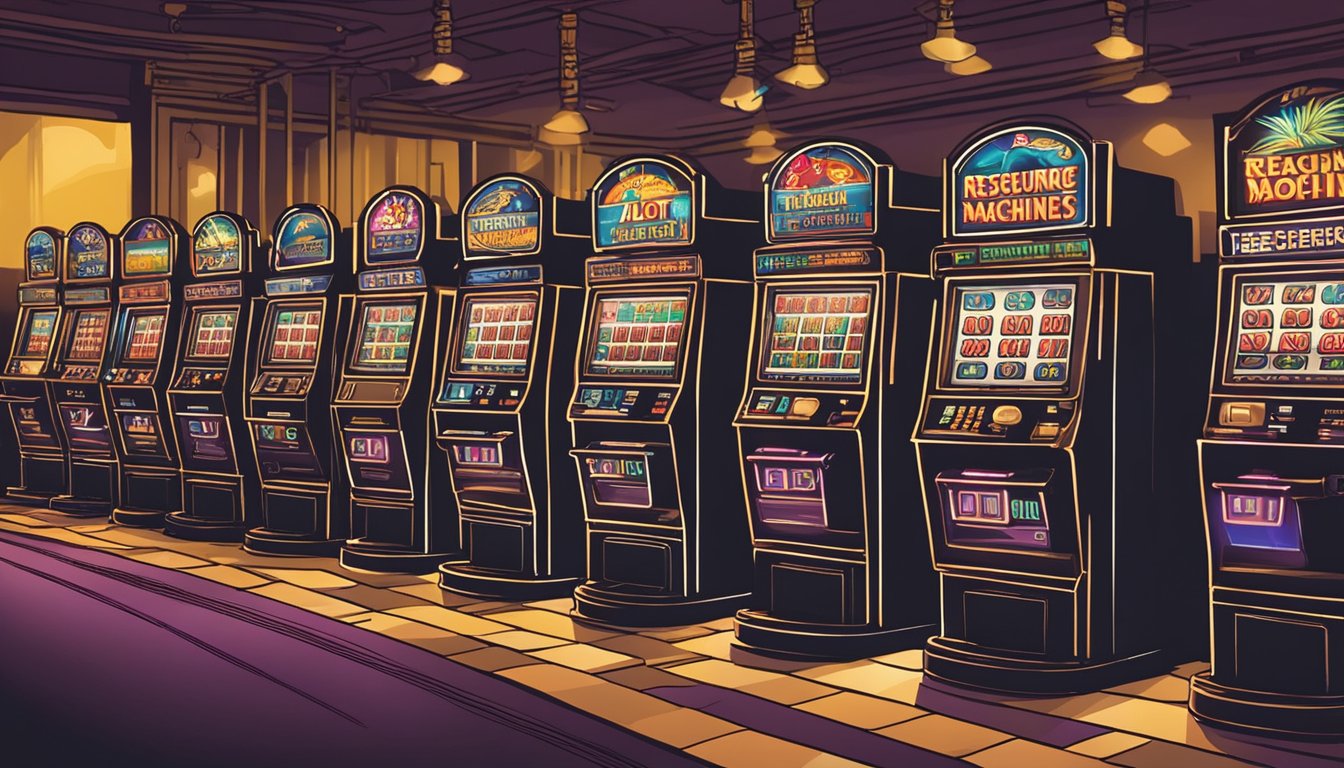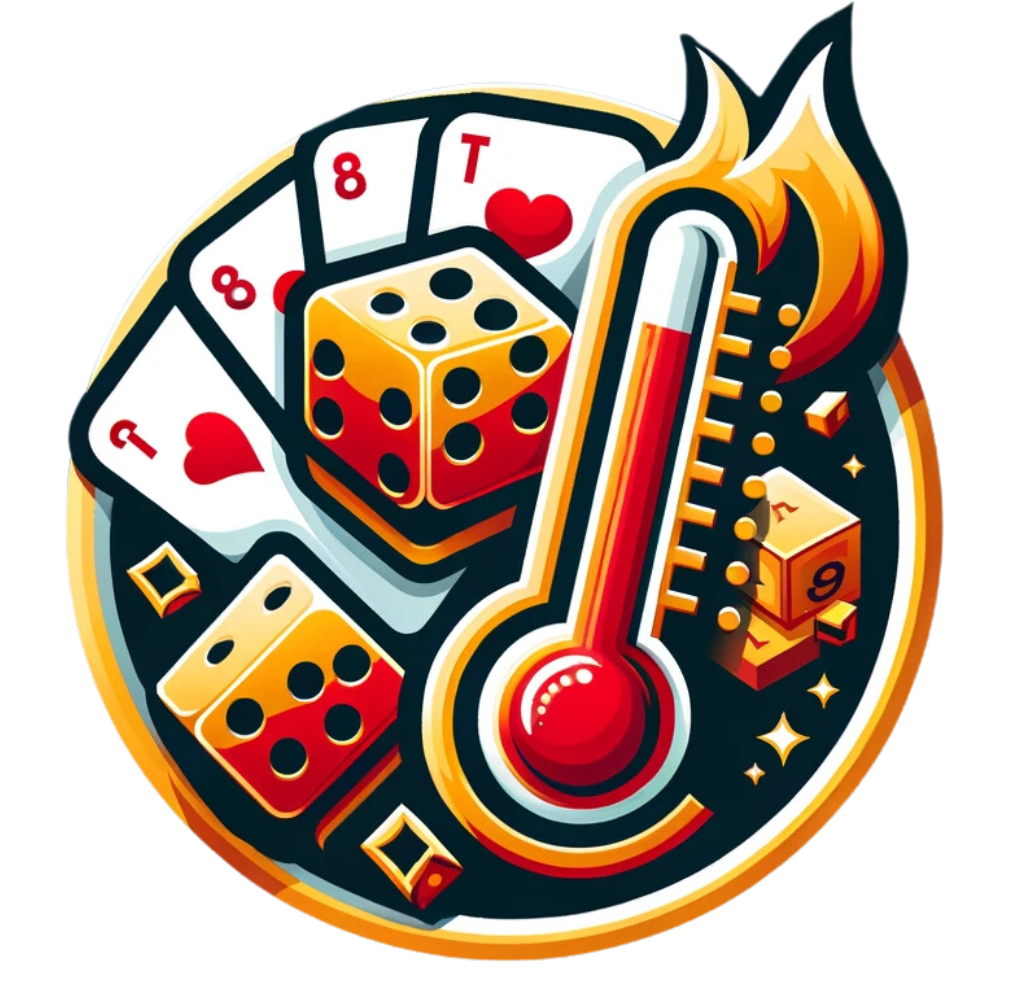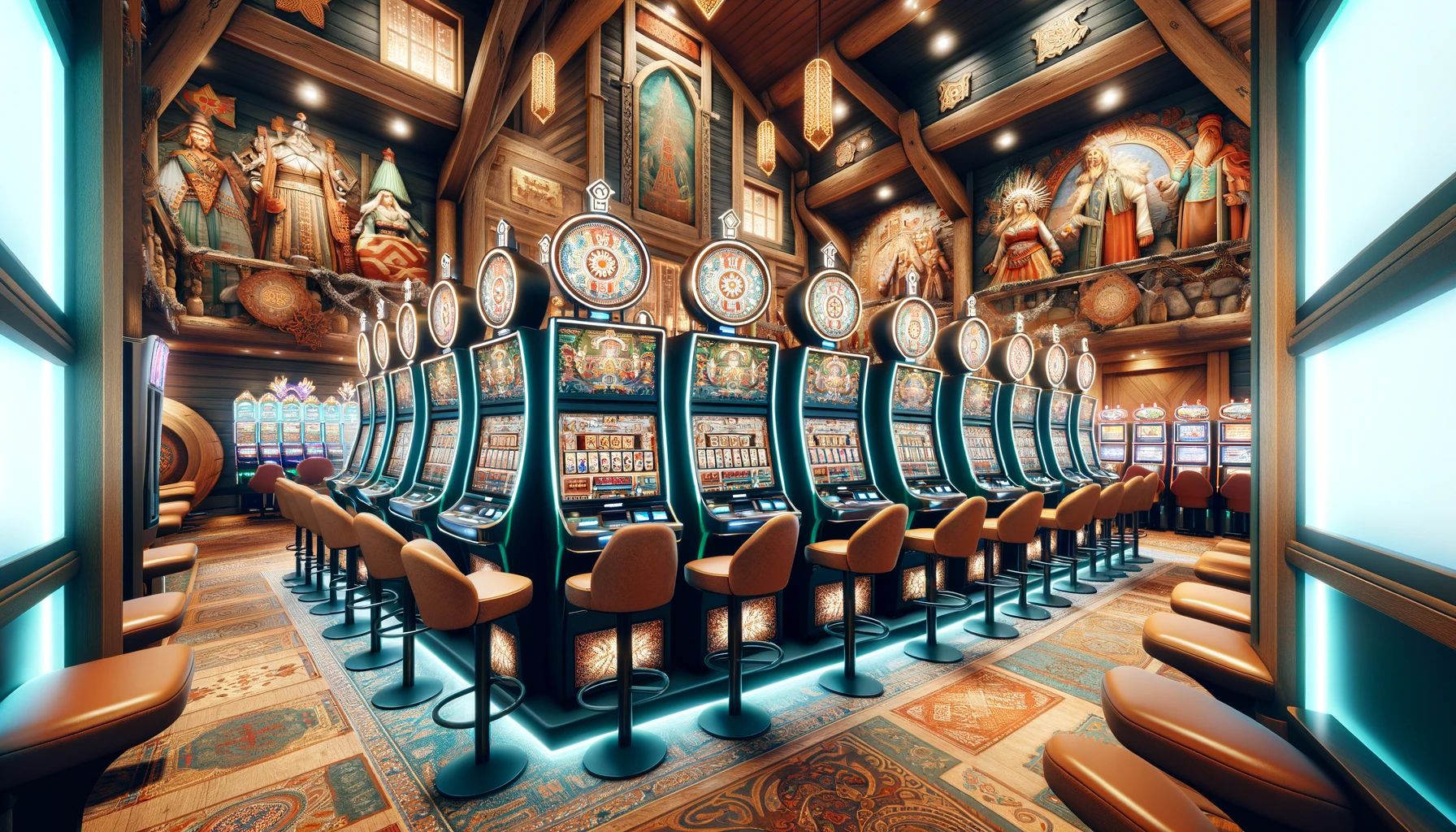When I look back at the history of gambling in Norway, it’s clear that slot machines have had a fascinating journey. In the late 1990s, Norway’s slot machines were regulated under the Lottery Act of 1995. This was a significant shift as it marked a formal approach to gambling and the operation of slot machines in the country.
Initially, slot machines in Norway were quite simple and were more manually operated. They were popular in various venues including bars and casinos. I remember those machines; they had a certain charm with their lever and spinning reels—a real tactile pleasure to play!
Here’s a brief timeline of what happened:
- Late 1990s: Slot machines become regulated under the Lottery Act of 1995.
- Early 2000s: The number of slot machines grows, becoming a common sight in public places.
As technology advanced, so did these machines. Digital technology introduced more sophisticated and interactive slot games. Graphics improved, and themes diversified, ensuring that there was always something new and exciting for everyone who played.
While the onrush of technology has drastically changed their operation with sleek digital screens replacing mechanical guts, what remained constant in Norway was the public’s enthusiasm for slot games, up until regulatory changes presented significant challenges—more on that in the next section.
Regulatory Environment and Legal Challenges
In exploring the intricate dance of slot machines with Norway’s legal system, I’ve found that regulation and legal evolution are at the heart of their story. These elements shape their existence and transitions within the Norwegian context.
Government Regulations
Slots in Norway encountered a tightly controlled regulatory environment. Initially, I saw them almost everywhere – cafes, stores, and even gas stations, largely unregulated and thriving. However, by 2007, the Norwegian government, wary of the addiction and social problems they were associated with, imposed strict controls through the Gaming Act. They effectively banned all slot machines until 2009, when the state-run operator Norsk Tipping introduced new, less addictive slot terminals.
Legal Framework Evolution
The legal framework evolved in response to the growing concerns around gambling addiction and financial losses. It led to the reintroduction of slot machines under Norsk Tipping’s monopoly. As a player and observer, I’ve noticed these new terminals place a greater emphasis on responsible gaming, with mandatory use of the Player Card to monitor and limit individual usage. The frameworks continue to evolve, with the Lotteries Act, Gaming Act, and Totalisator Act serving as watchful guardians ensuring that slot machines tread carefully on Norwegian soil.
Popularity and Economic Impact
Slot machines have woven their way into the cultural fabric of Norway, creating a significant economic footprint. In this section, we’ll explore just how these gaming machines contribute to the economy and their social standing in Norwegian society.
Economic Contributions
In Norway, slot machines have a measurable impact on our economy. Historically, they’ve been a source of entertainment, and logically, they’ve also become a valuable economic asset. The revenue generated from these machines helps fund a variety of public sectors, including crucial social services. Here’s a quick overview of their financial contributions:
- Total Revenue: The exact numbers fluctuate, but the income from slot machines is undoubtedly in the millions of NOK (Norwegian Krone) annually.
- Tax Contributions: A portion of revenue from slot gaming is channeled back into the economy through taxation, bolstering public finances.
Social Influence
Beyond their economic significance, slot machines have also etched a place in the social sphere.
- Entertainment Value: Slot machines offer a form of leisure for many Norwegians, becoming a societally accepted pastime.
- Community Impact: Some of the proceeds from slot machine gaming support community initiatives and local projects, embedding these machines into the societal framework.
The Decline of Slot Machines

As I dive into the downturn of slot machines in Norway, it’s clear that a mix of regulatory changes and shifts in public opinion played pivotal roles in their reduced presence.
Reasons for Fall
When it comes to the specific factors behind their fall, a few key elements stand out:
- Regulatory Changes: In 2007, Norway faced a wave of new regulations aimed at curbing gambling addiction. The authorities implemented strict controls on slot machines by limiting their numbers and their functionalities.
- Electronic Gaming Terminals (EGTs): The introduction of EGTs in 2008, with stricter government control, essentially replaced slot machines. EGTs were connected to a centralized system, allowing better monitoring and responsible gaming measures.
Public Sentiment
My observations on public sentiment during the decline are twofold and reveal a profound transformation:
- Negative Perceptions: A growing awareness of gambling addiction issues led to a surge in negative attitudes towards slot machines. The public began to associate them with social problems.
- Support for Regulation: This shift in perception brought widespread public endorsement for the new regulations. Many people in Norway supported measures that could potentially reduce the harm caused by gambling.
Legislative Actions and Banning
I can tell you that the Norwegian government has taken a staunch stance on the control of gambling, including the use of slot machines. Let’s look at the specifics of their legislation and its impacts.
Ban Implementation
In 2007, Norway faced a significant shift in its gambling landscape. I’ve learned that the government implemented a ban on slot machines in an effort to combat problem gambling and its societal effects. What’s more, by 2010, they introduced legislation that prohibited the use of Norwegian credit and debit cards for gambling transactions, both within the country and internationally. This firm action aimed to restrict the availability of gambling opportunities and mitigate the risks associated with gambling addiction.
Effects on the Industry
The ban and subsequent regulations had a profound impact on the gambling industry in Norway. Not only did the legislation lead to the removal of slot machines from public places, but it also severely limited the growth potential of the industry. I’ve found out that these measures effectively ensured that all forms of gambling were either state-operated or not permitted at all, leaving no room for private or overseas operators to influence the Norwegian market.
Technological Advancements and Online Transition
I’ve witnessed a tremendous shift in slot machines in Norway, from mechanical levers to digital experiences. This evolution has brought about the rise of online slots, alongside breakthroughs that have shaped gaming as we know it.
Online Slots Emergence
When I first experienced online slots, it was a game-changer. Norway’s slot machines went from being a local amusement to a global online sensation almost overnight. Online platforms began offering a wide array of games, making it possible for players like me to spin the reels any time, anywhere. The convenience factor was unparalleled:
- Accessibility: With the internet, I could play online slots without needing to visit a physical location.
- Variety: A vast selection of slot themes and formats appeared, more than I’d ever seen in any single establishment.
- Mobile Gaming: The advent of smartphones brought slots into the palm of my hand.
Innovations in Gaming
As my love for slots grew, so did the technology. Innovations in gaming software have redefined what I expect from slot entertainment.
- Graphics and Sound: The use of advanced graphics and high-fidelity soundtracks has made the games more immersive.
- Game Mechanics: New features like progressive jackpots and bonus rounds increased complexity and fun.
- Security: Innovative encryption methods protect my data and ensure fair play, giving me peace of mind.
Slot gaming in Norway has undoubtedly been transformed by technology, becoming a vibrant, secure, and accessible form of entertainment for enthusiasts like myself. The digital arena has breathed new life into what was once a fading pastime, making it more thrilling than ever.
The Resurgence: Slot Machines’ Comeback

After a period of stringent regulations, I’m thrilled to witness the remarkable return of slot machines to Norway. What’s fueling this revival? Let’s dive into the transformative legal reforms and shifts in consumer behavior breathing new life into the slots.
New Legal Provisions
The Norwegian government has recently revised its stance on slot machines. With new legal provisions, specifically tailored regulatory frameworks have been implemented to ensure responsible gaming while boosting the entertainment sector. These regulations offer better player protection with mandatory limits on spending and time, ensuring a healthy balance between fun and social responsibility.
Changing Consumer Habits
Parallel to legal changes, there’s a significant shift in consumer habits. Norwegians are increasingly seeking digital entertainment options, and this desire has extended to slot gaming. Traditional slot machines now share the spotlight with online platforms, satisfying gamers’ appetites with convenient access from personal devices and inventive game varieties that bring fresh excitement and engagements to the scene.
Future Outlook of Slot Machines in Norway
In my exploration of the Norwegian casino landscape, I’ve noticed promising growth and possible regulatory shifts on the horizon for slot machines.
Projected Trends
Growth Projections:
- Estimated market volume by 2027: $10.66 million
- Annual growth rate: 9.97% between 2022-2027
Norwegian casino games, specifically slot machines, are experiencing a significant uptick. With slot machine apps leading the digital charge, it’s clear that this trend leans heavily on technological adoption and the appeal of mobile gaming.
Potential Legal Changes
- Current State:
- Slot machines face stringent regulations.
- Legislative constraints have previously limited their proliferation.
- Future Possibilities:
- Discussions about revising gaming laws could ease current restrictions.
- Such a change is anticipated to further propel market growth and innovation.
As I keep an ear to the ground, I’m intrigued by whispers of potential legal reforms that could redefine the slot machine market in Norway. An evolution in policy might just unlock a new era of slot gaming for Norwegian enthusiasts.




